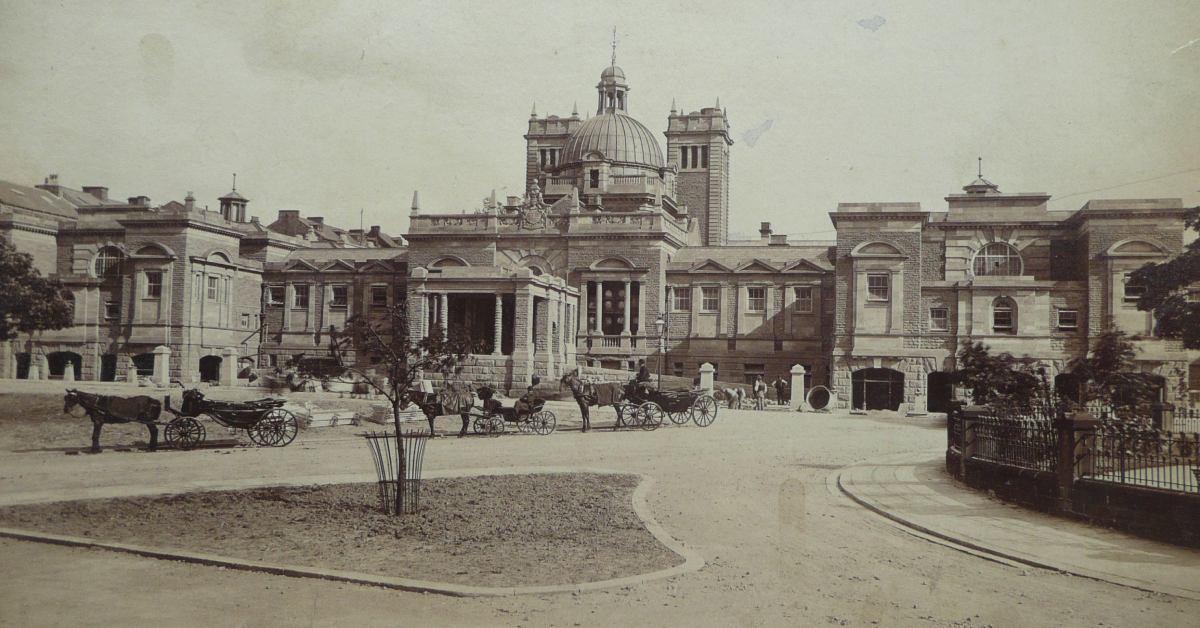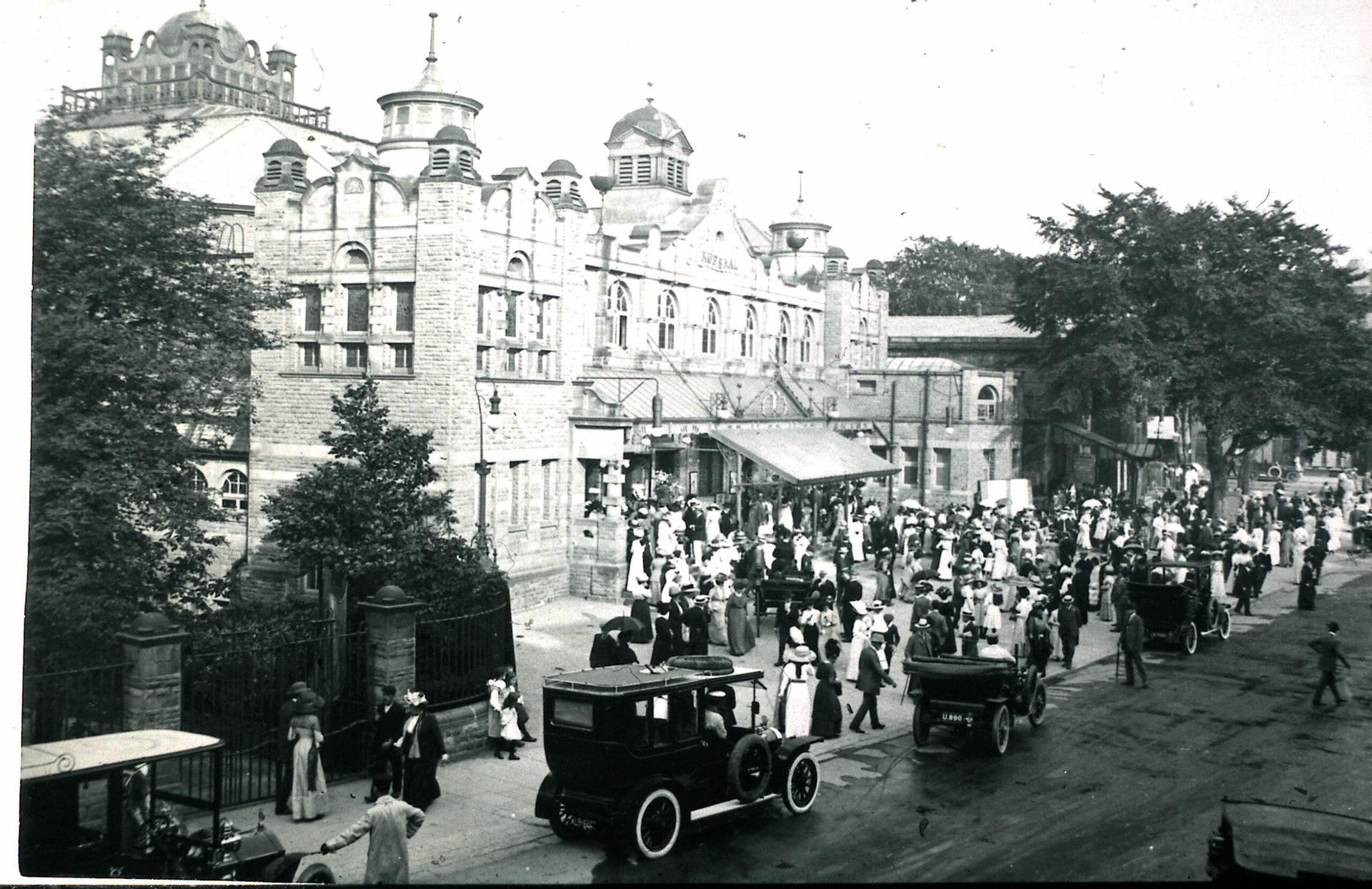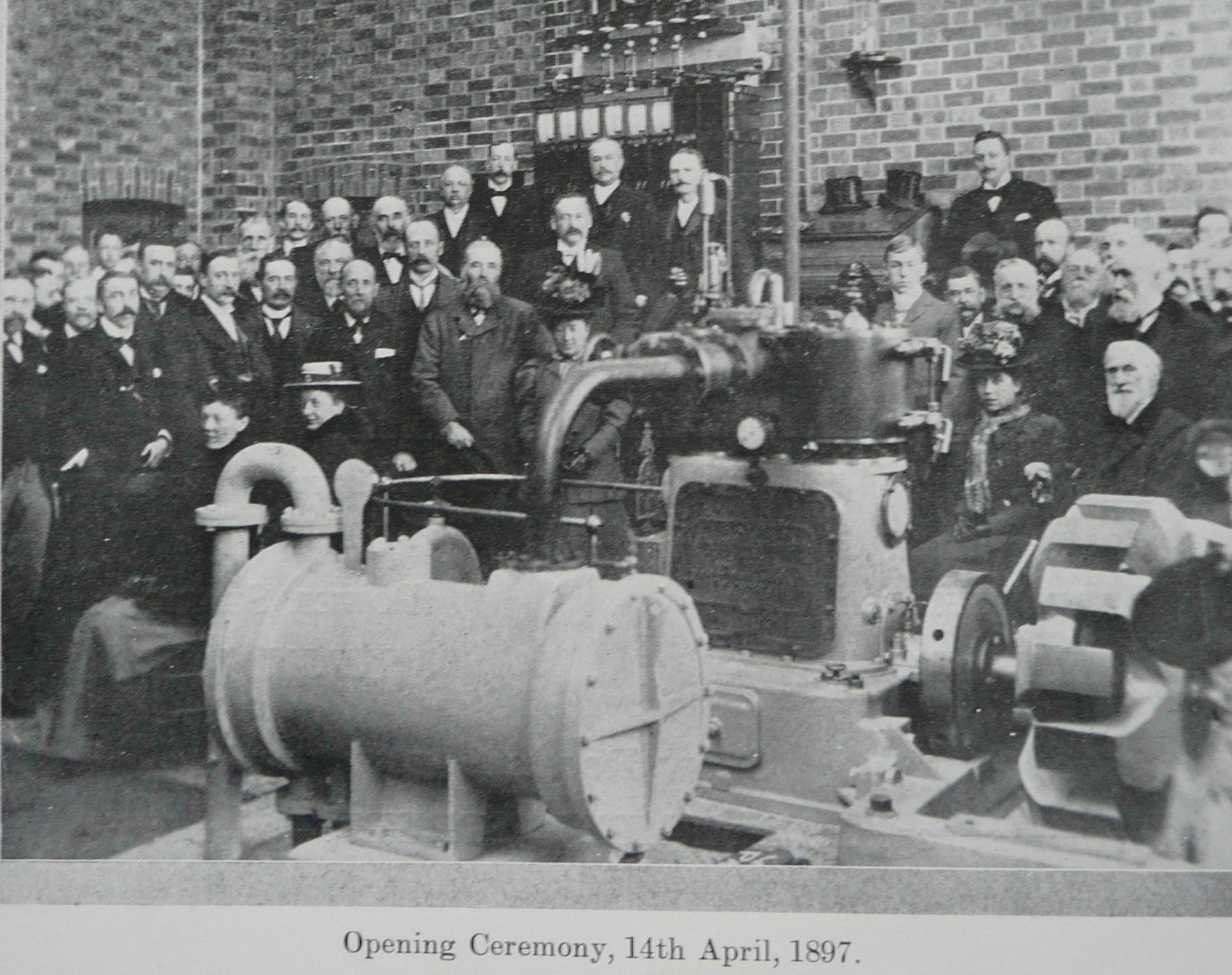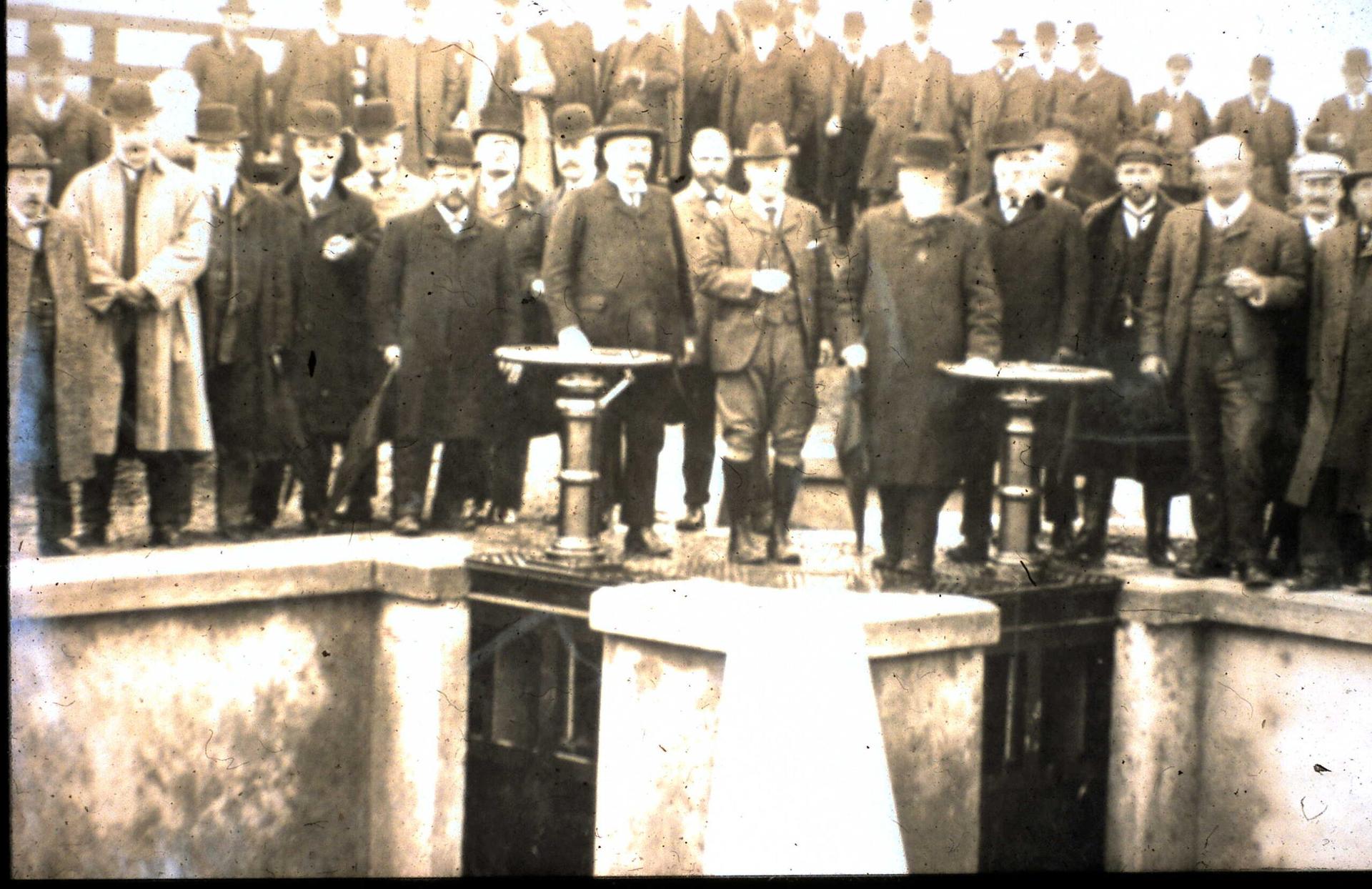Subscribe to trusted local news
In a time of both misinformation and too much information, quality journalism is more crucial than ever. By subscribing, you can help us get the story right.
- Subscription costs less than £1 a week with an annual plan.
Already a subscriber? Log in here.
23
Jan 2022
Opinion: The big lie

The news that we are all facing extraordinary rises in energy prices, together with the forthcoming reorganisation of local government are but two aspects of the great lie and con trick played on us by decades of politicians and career officers, that bigger is always better.
It is this grotesque fallacy that has led to local people losing control of the services that they originally created, financed and administered, in exchange for services controlled by strangers for whom the screwing of as much profit as possible from their reluctant customers, with as low a service as possible, seems their only purpose.
Let me provide some examples relating to Harrogate, with the reorganisation of local government being a particularly topical issue.
Local government
The liars say that Harrogate has too small a population to be a unitary authority. Of course they say this, as it is in their interests to promote the concept of big authorities, as salaries and payments are invariably higher when applied to responsibility for a larger population as against a smaller one. They will say that the merging of – say – six local authorities will mean one chief executive instead of six, one borough planner instead of six, one treasurer, instead of six, etc. etc. Whereas in truth, the savings come at the dire cost of local people becoming further removed from control over the services for which they are paying.
Harrogate too small to be a unitary authority. Rubbish! Today, the Harrogate district’s population is around 161,000, that of the town being little over 75,000. Yet when Harrogate town had a population of only 26,583, about two thirds smaller than the Harrogate town of today, it was able from the yield of its local rates, to build the Royal Baths, the Royal Hall, a gigantic series of reservoirs and an unequalled water distribution network, to run its own electricity works, to build and run its own schools and pay the staff salaries, to administer its own fire services, run its own public health facilities and many other things. All this was possible because Harrogate had the authority to levy its own council rates (and to keep the greater part of the income) and for Harrogate’s Council to spend the proceeds in ways permitted by Acts of Parliament.

The Royal Hall, previously known as the Kursaal, at height of Edwardian season. Pic: Walker-Neesam archive
Yet today, thanks to the gradual erosion of local democracy, the present North Yorkshire County Council takes the vast majority of every pound paid in council tax by Harrogate residents, with much less going to Harrogate Borough Council. Is it any wonder that our democratically elected Harrogate borough councillors are hamstrung at every turn when they try to provide the services demanded by local residents? The secret of true local democracy has little to do with population sizes, and everything to do with financial control, which must include the power to set local taxation and the power to spend such taxation within the town that supplied it – such powers being determined by Parliamentary authority.
Naturally North Yorkshire’s councillors and career officers will seek to expand their spheres of influence, and to retain and enhance their existing stranglehold on Harrogate – it is absolutely in their interests to do so. But history shows that their ever increasing power to control our lives has been at the cost of local representation and accountability. The latest calamitous “reforms” of local government will further reduce the rights and powers of local people to control their own lives, with Harrogate becoming further prey to the financial leech which is bleeding the town to finance road repairs in Tadcaster, libraries in Skipton, schools in Easingwold, and social services in Selby.
Nevertheless, it remains my hope that one day – maybe in 50 or 100 years time – Harrogate will regain powers to control its own finances, and re-establish democratic control of its affairs by its citizenry.
Gas
When some Harrogate people decided the town should have access to a supply of gas, they obtained an enabling Act of Parliament in 1846, after which a gas works was built at Rattle Crag financed by local private shareholders.
After overcoming initial difficulties with the Improvement Commissioners, the gas company supplied the lighting of the public streets as well as gas for residential and commercial use. The profits produced went back into improving the gas plant and paying the salaries of those employed in the work, many of whom lived at New Park.
After several extensions of its area of supply, Harrogate’s gas company was nationalised by the Gas Act of 1948, which merged some 1,062 privately owned and municipal gas companies into 12 area gas boards.
Read more:
- Malcolm Neesam History: The birth of the Great Yorkshire Show Ground
- Malcolm Neesam History: Harrogate's thriving working men's clubs
- Malcolm Neesam History: Bring the Harrogate Park Drag back home
The York, Harrogate and District group of gas companies had already merged on 1 January 1944, comprising Harrogate, York, Malton and Easingwold, which were joined by the Yeadon, Guisley, and Otley companies on 1 October 1946. This arrangement, however, barely survived for two years, until the 1948 Gas Act changed everything.
With every enlargement, control of the manufacture, distribution and pricing of gas passed further away from the people who had created the company, and for whom its products were intended, to huge, impersonal and uncaring conglomerates.
This process has continued to this day, resulting in the crazy situation that Harrogate’s gas customers now have absolutely no control over the gas they use nor the rate at which it is priced. What would those Victorian founders have said on hearing that we are to some extent reliant on Russia for the continuance of our gas supplies?
Electricity

Electricity works opening ceremony in 1897. Pic: Walker-Neesam archive
In order to provide the people of Harrogate with an alternative to gas, Harrogate Corporation’s elected representatives built a Municipal Electricity Undertaking near to the site of the present Hydro, which opened in 1897.
The people’s democratically elected councillors regulated the supply and pricing of electricity with regard to the local situation, so that when in 1933, at the height of the terrible depression, many were experiencing economic hardship, the council reduced the unit cost of electricity from one penny to three-farthings.
When war came in 1939, Harrogate’s Electricity Undertaking was supplying 20,670 consumers, and selling 26,815,046 units of power, with a gross income of £178,857.
By the end of the year to March 1945, those figures had increased to 21,977 consumers, selling 39,254,676 units of power, with a gross income of £242,412 – an incredible achievement given the conditions of war time operation.
But in 1948, and by order of the government’s Electricity Act of 1947, Harrogate’s Electricity Undertaking was transferred to the enormous new British Electricity Board and thus removed from the town a valuable asset which had hitherto been controlled by local people.
Water

Turning on the reservoir water. Pic: Walker-Neesam archive
Just the same thing as described above applies to water. When a group of local people raised money to establish the Harrogate Water Company, following a Parliamentary Act of 1846, the townspeople supported the project, and the little company grew as the town grew.
In 1897, an Act of Parliament empowered Harrogate Corporation to buy out the private water company, which was then run purely for the benefit of the townspeople. Under the inspirational leadership of Alderman Charles Fortune, the corporation undertook a massive programme of reservoir and distribution construction, which ensured Harrogate had an adequate supply of water for the next 50 years.
Harrogate’s municipal water undertaking was one of the jewels in Harrogate’s crown until the 1945 Water Act, which paved the way for the creation of the huge Claro Water Board in 1958/9, which covered an area of 420 square miles, between one fifth and one sixth of the area of the West Riding of Yorkshire, with a population of 119,000. On such a scale, it was inevitable that the concern would no longer be run purely in the interests of the people of Harrogate, nor would its profits be returned to the local economy.

Malcolm Neesam, Harrogate-based historian
0